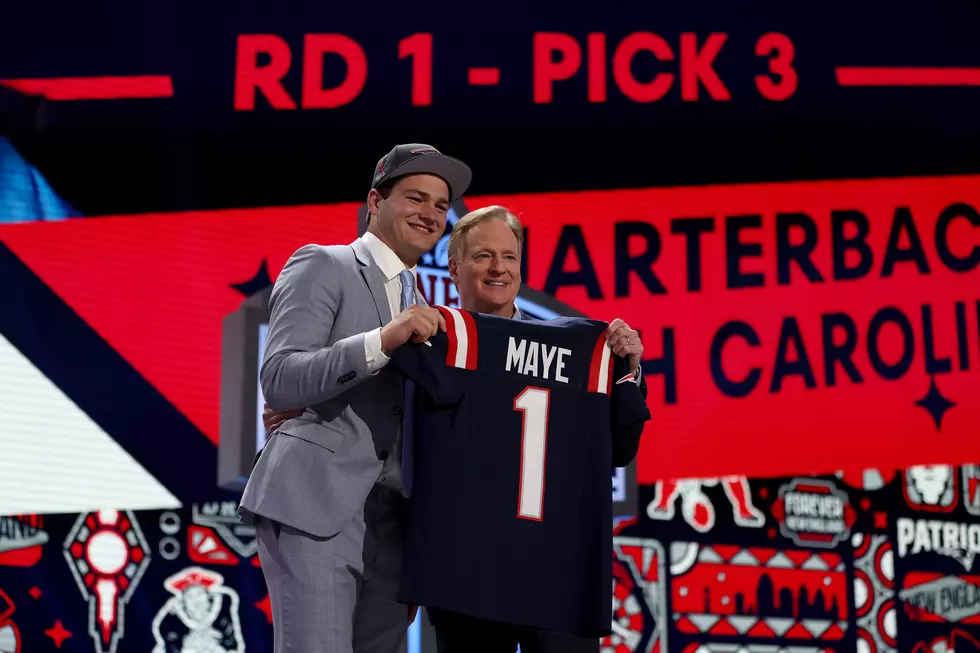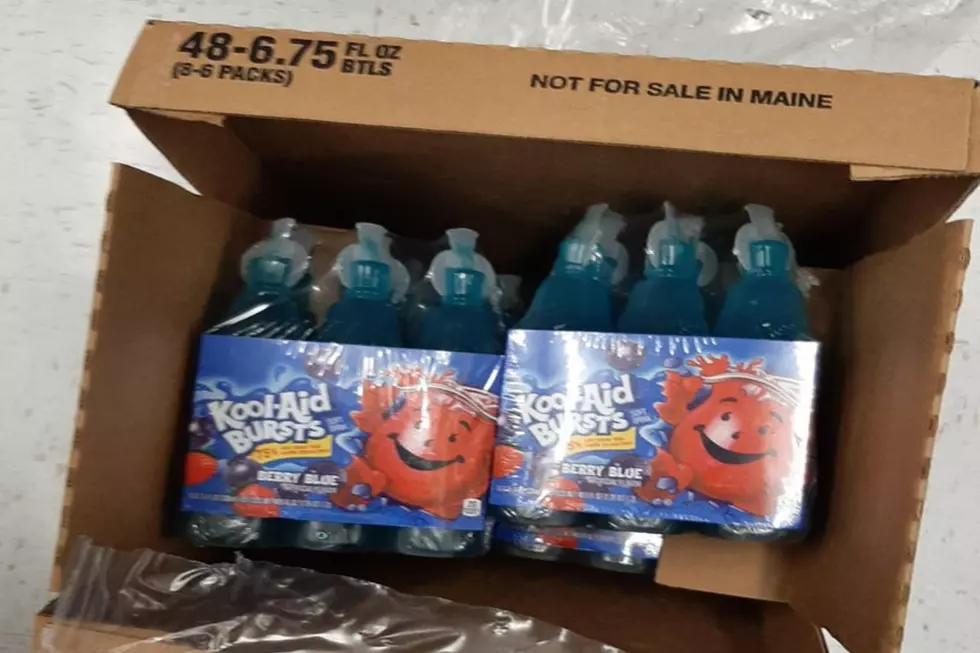
It Took a Female Governor to Finally Get Rid of the Maine Tampon Tax
It has taken seven years since first introduced, and it took a woman governor to finally get it done.
According to WGME 13, Governor Janet Mills signed a revised 2022-2023 biennial budget into law. A lot is going on in this budget. It meets the state's obligation to pay 55 percent of the cost of K-12 education for the first time in history. And this is the budget that has the one-time $300 hazard payment to Mainers who qualify as working during the pandemic. You'll get the payment if you filed a W-2 last year and made $75,000 or less, or $150,000 or less as a couple.
But tucked into this 400 plus page budget is the exemption of menstrual products from sales tax! The dreaded 'tampon tax'. What is that?
Blood and Milk explains:
In 32 states, women’s hygiene products (like tampons, menstrual cups, and sanitary pads) are subject to a luxury tax placed on products or services deemed non-essential or unneeded. Over time, it became known as the ‘tampon tax,’ which opponents deem a discriminatory tariff on female hygiene products. After all, are condoms taxed? What about Viagra? Both of these products are not taxed in most states even though tampons are just as, if not more, medically necessary.
Buh-bye. Menstrual products sold on or after Oct. 1, 2021, will be exempt from sales tax.
Finally!
LOOK: Here are 25 ways you could start saving money today
50 Famous Brands That No Longer Exist
More From 94.3 WCYY









